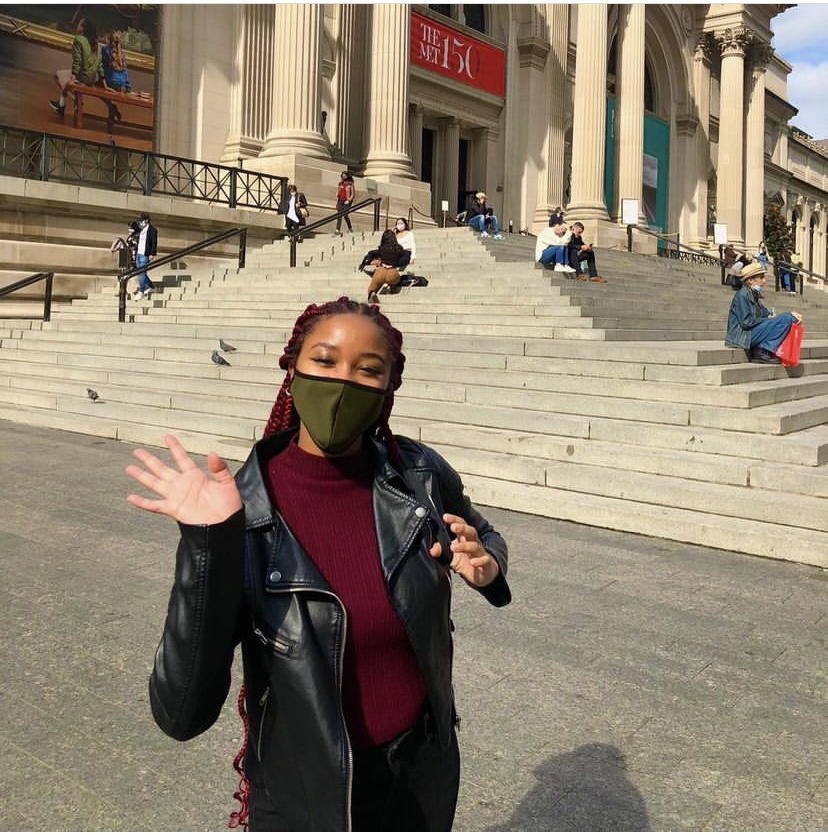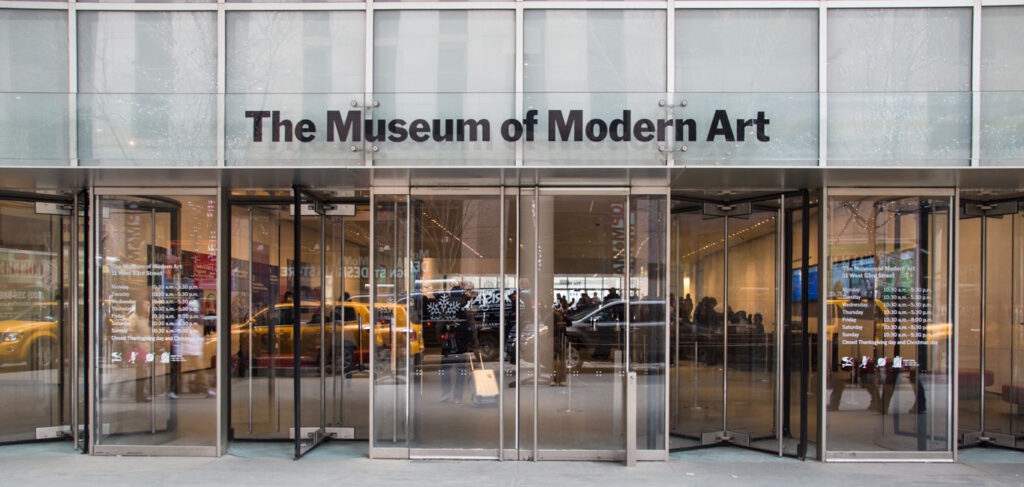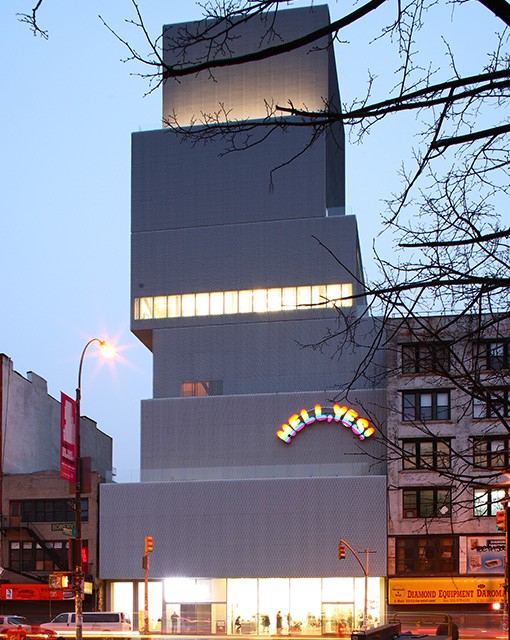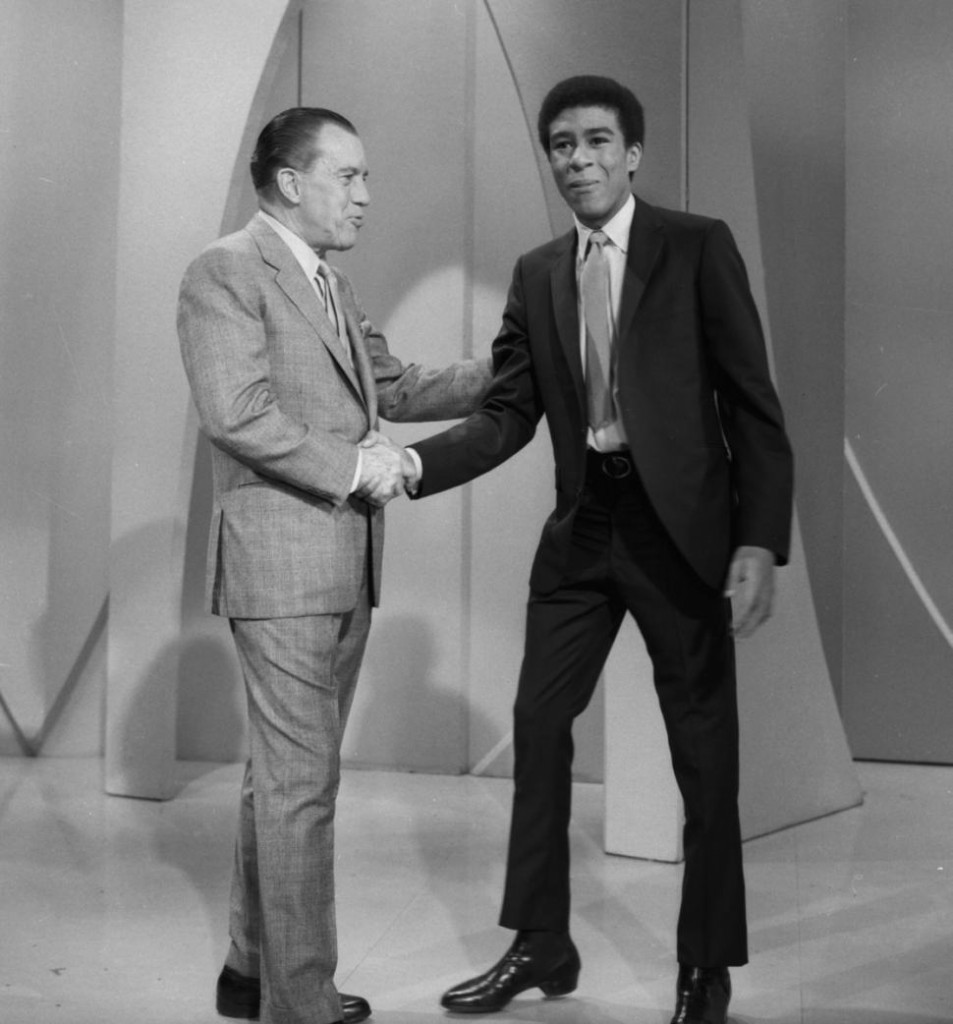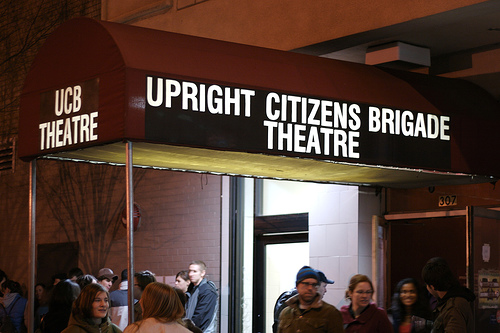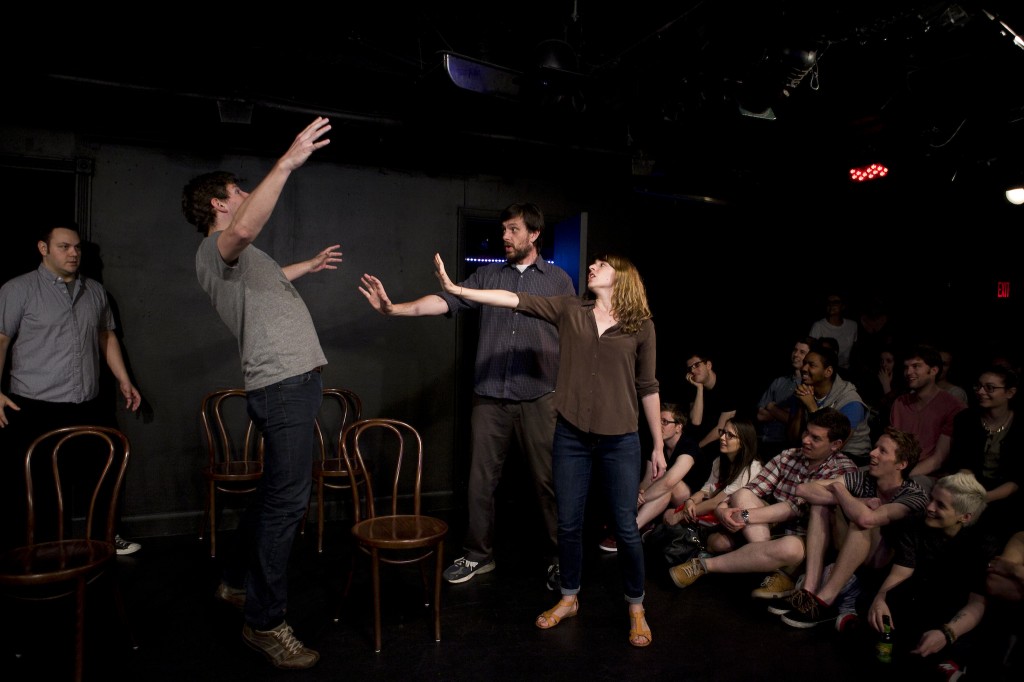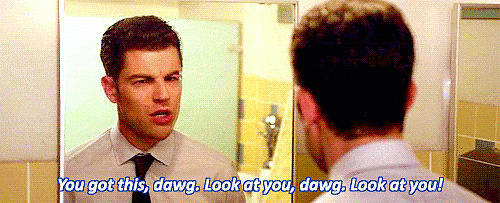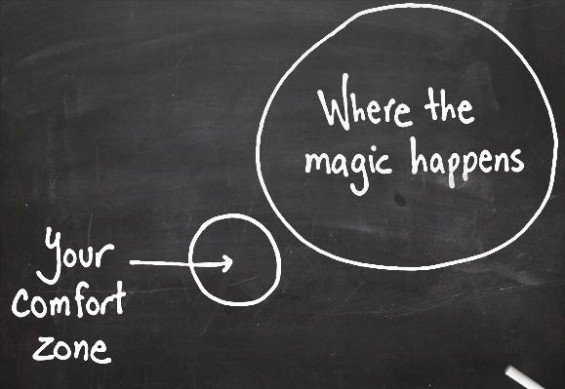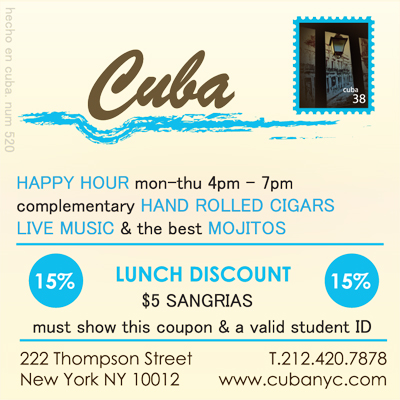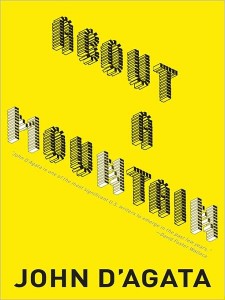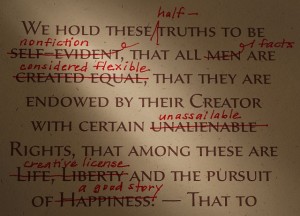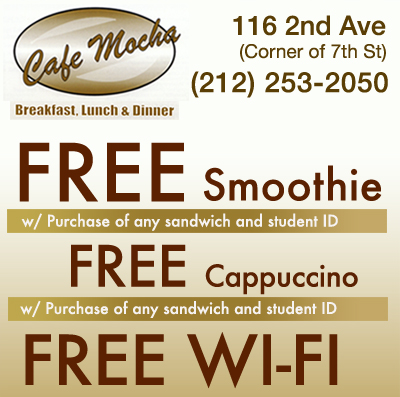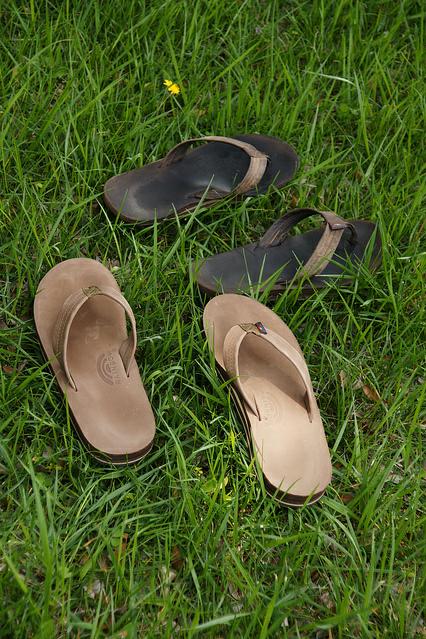Theatre’s been gone for almost a year and a half now, and with plans to reopen shortly, here’s some tips on how to get the most bang for your buck when it comes to shows.
Image credit: https://www.nytimes.com/2017/03/29/theater/how-to-get-cheap-theater-tickets-including-hamilton.html
We all know that Broadway shows can be expensive. Even the producers who set the high prices know that, so they’ll often offer tickets at reduced prices in a lottery. These tickets would be available at the box office the day of the show, or online the day of the show; and those who get them are selected by random chance. It’s the cheapest option to get tickets, but the odds are highly variable due to the number of tickets offered and the hundreds or thousands that apply in the lottery. Therefore, it’s best to consider lotteries as a spur-in-the-moment option: great if you get it, okay if you don’t. Comparable prices are found in standing-room where you pay money to stand in the back of the theatre and watch the show from there, but the view isn’t great
Now for an option where you can actually plan to get cheap tickets and watch the show, TodayTix is the app I swear on. My entire freshman year (up to Covid) was spent milking this app for as many tickets to Broadway and off-Broadway shows as possible. What I like about it, and what makes TodayTix stand out from competitors like the TKTS booth at Times Square is that you don’t have to buy tickets on the day of the show; you can buy tickets months in advance at half the price of regular tickets. I was able to see shows at a cost between sixty to eighty dollars for Broadway, forty to sixty dollars off-Broadway at any night from celebrity-studded productions like 2019’s Betrayal to musical megahits like West Side Story. Though you don’t have a choice in where you are seated, I have never been disappointed as the tickets seat you in really good spots, better ones I’d say and at cheaper costs than those who get regular tickets. It’s an app I’ll be returning to use this fall and for any show I’ll see in the future.
Image credit: https://www.todaytix.com/nyc/shows/23288-seven-deadly-sins
But maybe you’re impatient. Broadway really only opens in September and October and you don’t want to wait months after getting tickets on TodayTix, nor do you feel like going through the whole lottery process. Here’s another tip. Broadway is overrated. Really. In their ticket prices, the struggle for good seats in the theatre, and the crowds to dodge in and out of the theatre (and those you have to get past in Times Square); Broadway sometimes isn’t the best option. Good thing there’s off-Broadway and other theatrical productions sprinkled throughout the City to provide the same entertainment at much cheaper prices and in a more inclusive, interactive environment. And unlike Broadway, there’s some off-Broadway shows open this summer! Seven Deadly Sins, The Office! A Musical Parody, and Blindness to name a few are shows you can buy tickets from and watch this instant this summer. Each production has their own Covid safety standards, so be sure to consult their websites before going to make your informed decision.
The world of theatre is just starting to bloom again, and as restrictions ease and the world returns to a new normal, no doubt the journey to get tickets or experience theatre will be hectic and expensive. Best to prepare beforehand to save money and be at the front of the line.

By: Jared Skoro
Jared Skoro is a junior at NYU Gallatin studying a mix of English, Political Science, and Psychology. In his free time, he enjoys reading, hiking, and exploring a new neighborhood of the city every weekend.
For over 20 years, the Campus Clipper has been offering awesome student discounts in NYC, from the East Side to Greenwich Village. Along with inspiration, the company offers students a special coupon booklet and the Official Student Guide, which encourages them to discover new places in the city and save money on food, clothing, and services. At the Campus Clipper, not only do we help our interns learn new skills, make money, and create wonderful e-books, we give them a platform to teach others. Check our website for more student savings and watch our YouTube video showing off some of New York City’s finest students during the Welcome Week of 2015.


